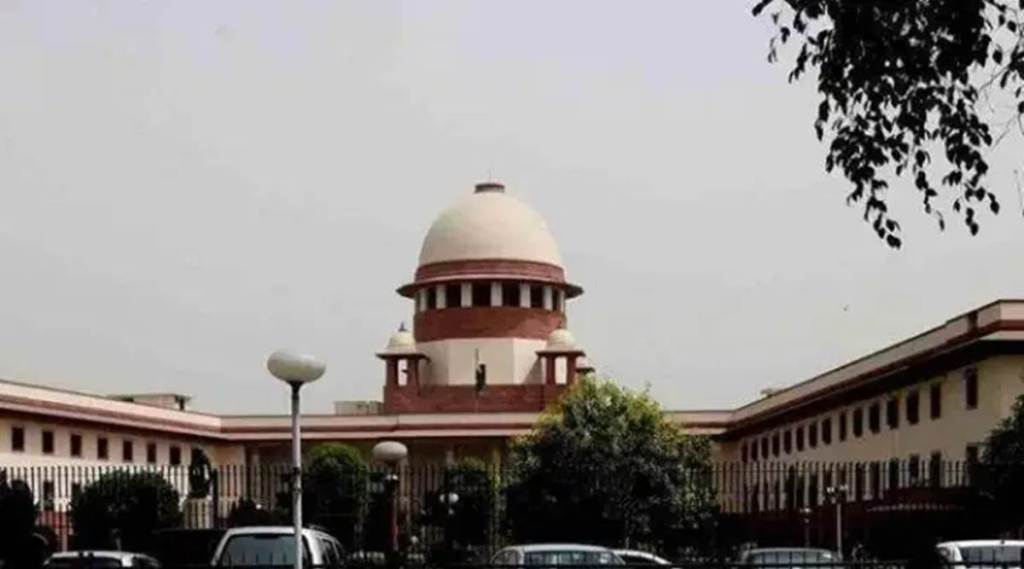Maratha reservation: The Supreme Court has reserved its judgement on petitions challenging the constitutional validity of a Maharashtra law that grants reservation to the Maratha community in education and jobs. A five-judge Constitution Bench of the Supreme Court also reserved the judgement on the issue of whether the top court’s 1992 verdict of capping reservation at 50 per cent needs re-examination.
During the hearing on Thursday, Justice Ashok Bhushan said that all reservations may go and only EWS (Economically Weaker Sections) may remain. “You may be right. This may be a beginning. All reservations may go and only EWS (Economically Weaker Sections) may remain. But these are policy matters,” Bhushan said after Advocate Shriram P Pingle contended that caste-based reservations were being politicised.




Pingle told the bench that “the elephant that needs to be addressed in the room is caste”. The Indra Sawhney judgement, he said, recognised caste as a ground for extending reservations but the endeavour needs to be made to remove caste-based reservations in a phased manner. To this, the bench said these “thoughts” were “very radical and good” but it was for the government to take a decision that caste and reservation should go. “That is for Parliament and the legislature. It is a welcome idea…When the Constitution was enacted, the object was a caste-less, egalitarian society,” said Justice Bhushan.
Further, Pingle said the Mandal Commission list was used to include caste which did not exist in the state. After the Indra Sawhney judgment, he said, more than 100 castes were included. He said over-reservation was anti-reservation and added that the current case had a larger magnitude on the social life of the country, it may be appropriate to consider all the pending cases and take a holistic view.
However, Senior Advocate Shyam Divan, appearing for the petitioners opposing the Maratha reservation law, said that the Sawhney judgement need not be reconsidered. He said the 50 per cent limit should be retained. The country, he said, was more equal now than it was 70 years ago and the focus must now be on other forms of affirmative action. If the 50 per cent limit is breached, Diwan said, there will be political pressure not to reduce reservation.

















